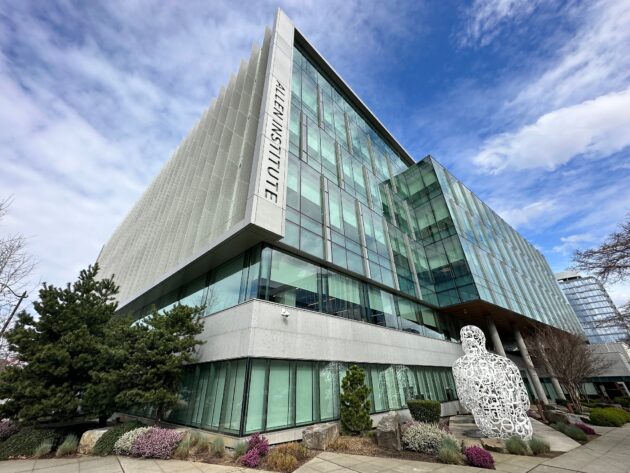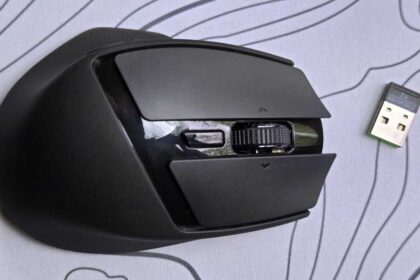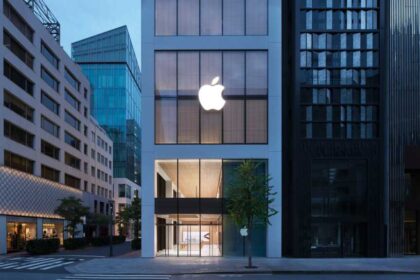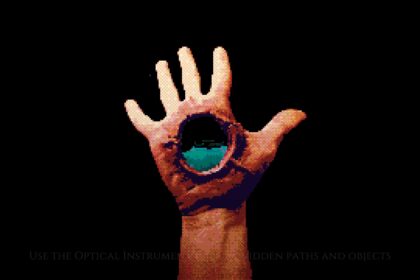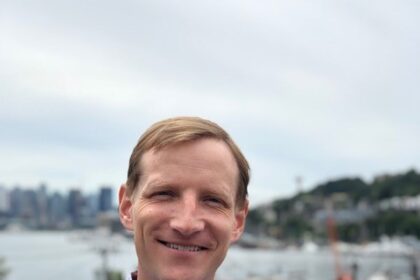Seattle’s Allen Institute will play a key role in a groundbreaking space mission this weekend.
The Allen Institute for Cell Science is providing stem cells that will launch aboard a SpaceX Falcon 9 rocket late Saturday night. These stem cells are part of the first-ever effort to grow heart and brain organoids in space.
The project is led by Cedars-Sinai investigators in Los Angeles, who hope to improve our understanding and treatment of diseases such as ALS, Parkinson’s, and cardiovascular disease.
Organoids are tiny, 3D clusters of cells that mimic real organs. They help scientists to model disease and test treatment. On Earth, gravity limits how they develop. Researchers hope that space’s microgravity environment means organoids will grow in new ways, potentially forming blood vessels or more complex structures.
The Allen Institute supplied the frozen stem cells that will make the cosmic journey. Once aboard the International Space Station (ISS), astronauts will nurture and document the samples inside a specialised “plate habitat,” created by BioServe Space Technologies in Colorado. After about a month in orbit, the organoids will return to Cedars-Sinai for analysis.
Founded by the late Microsoft co-founder Paul Allen, the Allen Institute is a non-profit research center whose key mission is to understand the fundamental principles of life and improve human health. The Institute is known for open-access biological data and large-scale research projects, and its contribution to the launch highlights Seattle’s growing role in space-based biomedical science.
The experiment rides on NASA’s 33rd SpaceX resupply flight to the ISS. It will be Cedars-Sinai’s sixth space mission, following earlier efforts that introduced DNA into stem cells and produced stem cells in orbit.
The Falcon 9 is scheduled to launch at 11:45 pm PT on Saturday, Aug. 23, from the Kennedy Space Center in Cape Canaveral, Fla. There will be a livestream available on SpaceX and NASA channels.
If successful, the work could pave the way to bioprinting tissues or even entire organs in space. “A dream of mine is to have a lab in space that is parallel with the labs that we have here on Earth,” said Arun Sharma, PhD, of Cedars-Sinai, in a statement.
Read the full article here



